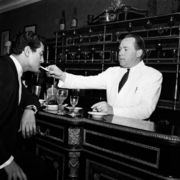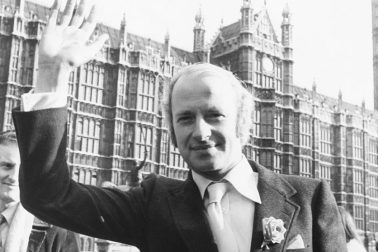 One of the best things about Paris is that it never changes. The stone is always the colour of Champagne, the cabbies are always foul and Bernard-Henri Levi is always seated on the first table opposite the door as you go into the Flore.
One of the best things about Paris is that it never changes. The stone is always the colour of Champagne, the cabbies are always foul and Bernard-Henri Levi is always seated on the first table opposite the door as you go into the Flore.
I’ve spent most of my adult life in Paris, and perhaps the thing I loved about it most is that one could never be unhappy there. Wretched, heartbroken, tragic, but never merely sad. All that was necessary was a noisette and a Marlboro Light and suddenly one was Juliette Greco or Simone de Beauvoir-deliciously, adolescently, maudlin.
Yet now it smells wrong. Sunday was the first time I had been back since the smoking ban, and the cafes no longer smell of Gauloises and angst but of industrial air freshener and bitter despair.
My mother was extremely smug when the ban came in. At last, she claimed, it would be possible to go for an aperitif without feeling as though you were sitting in an ashtray. Now the café in our village is closing and suddenly she’s realizing it pays to be careful what you wish for. Cazes-Mondenard is not the most picturesque village in the south- in fact it was recently declared to be France’s poorest- but the café near the medieval church is the nearest this dour, straitened community had to a centre. The locals have decamped to “le cluboose’, a hut by the boules court where they drink spirits at a euro a shot, smuggled in on a rota from Andorra, and puff away to their hearts’ content.
This leaves the old people and the few, vital, tourists, with nowhere to go. The situation is being replicated all over France, but is particularly nefarious in already-threatened rural communities. The French are still gaily smoking at the same levels as 2004, but now they’re doing it in private. The loss of a little poetry in Paris is maybe no great thing, but one’s tempted to suggest that if the lifeblood of a culture is to be sucked away, it may as well be done through a filter.






Comments